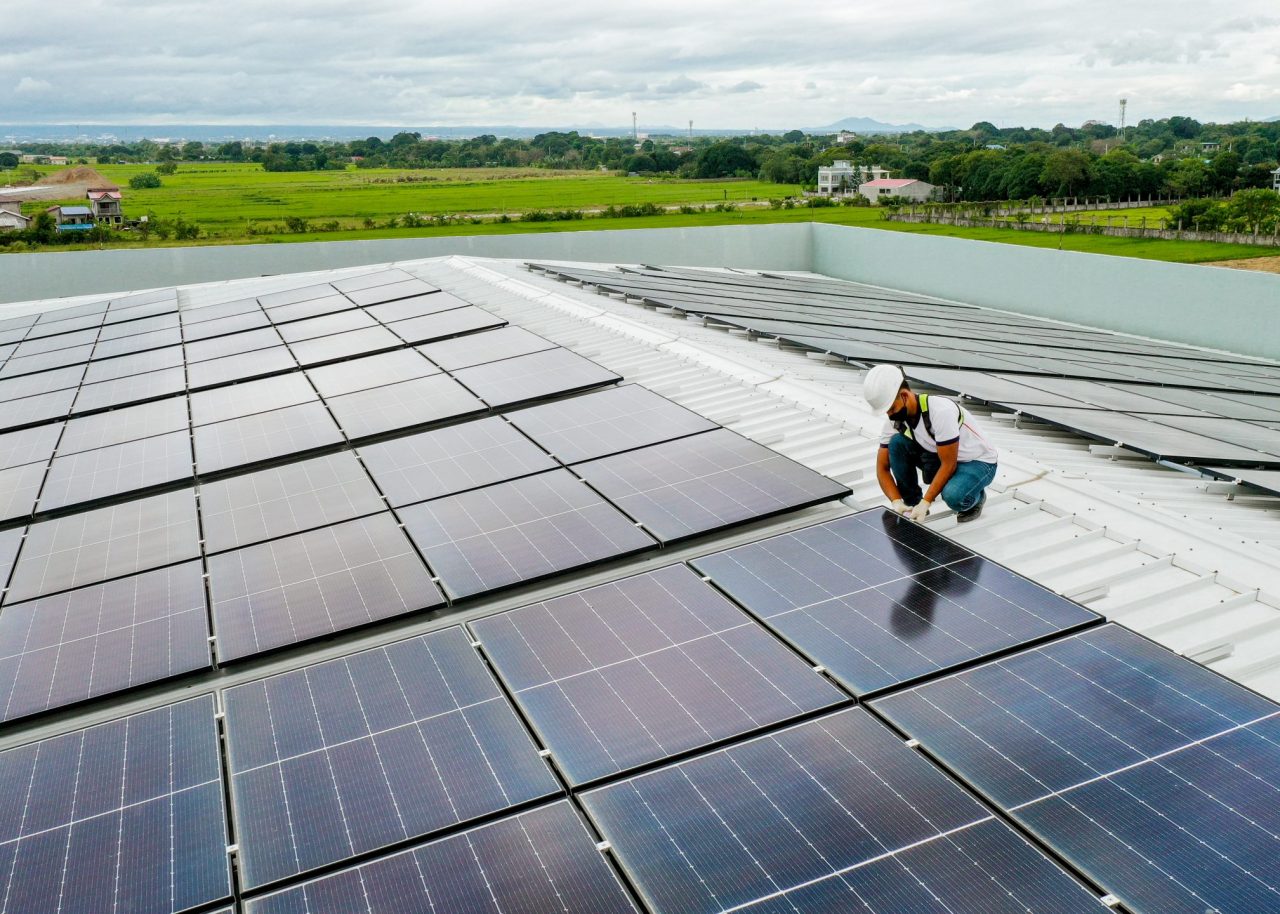With global interest rates rising, the cost of financing investments and sustainable infrastructure is increasing. This can challenge businesses and organisations transitioning to low-carbon and sustainable practices. Banks play a crucial role in transitioning to a low-carbon economy through their financing and investment solutions for sustainable projects. The Climate Governance Initiative invited the International Finance Corporation to share insights on the sustainable finance transactions available to Board directors across the Latin American region.
This event explored regional sustainable finance opportunities to accelerate regional decarbonisation. It featured case studies of successful sustainable financing and adaptation strategies in the region, offering valuable insights and inspiration for driving sustainable initiatives.
Key takeaways from the event
- Board-level engagement with sustainable finance remains very low. There is a need for increased awareness and training on sustainable finance opportunities.
- Boards can consider opportunities for sustainable finance transactions offered by International Finance Corporation. These include specific project funding for climate and target financing tied to ESG performance. Additionally, the IFC is involved in biodiversity finance, supporting projects aimed at biodiversity conservation and Nature-Based Solutions.
- There are opportunities for boards to receive support during sustainable finance transactions. The International Finance Corporation (IFC) provides support through advice on strategy, sustainability coordination, and program implementation.
To kick off the event, Carla Toledo, Operations Officer and Oxana Megglé, Senior Investment Officer from International Finance Corporation, gave an overview of the sustainable finance opportunities in the region through IFC.
IFC has been involved in sustainable finance transactions, including issuing social bonds to raise funds for projects that deliver positive social outcomes. Furthermore, IFC has begun working closely with investors to mobilise finance from the public sector, aiming to enhance the impact of their sustainable finance initiatives.
International Finance Corporation and Sustainable Finance
The International Finance Corporation (IFC) employs two main types of sustainable finance instrument
- FINANCIAL INSTRUMENTS WITH DEDICATED USE OF PROCEEDS: These instruments focus on funding projects with clearly defined purposes and benefits, primarily in climate adaptation, climate mitigation, social impact, and ocean conservation.
- TARGET FINANCING INSTRUMENTS: These instruments aim to support organisations' overall sustainability performance by setting specific, measurable targets related to environmental, social, and governance (ESG) criteria. Unlike the first type, the proceeds from these instruments are not restricted to specific projects but are tied to achieving sustainability
performance targets.
In addition, the IFC has been increasingly involved in biodiversity finance, which involves financial mechanisms and instruments designed to support
- Projects that bring biodiversity co-benefits by addressing biodiversity loss.
- Projects that have conservation as a primary objective.
- Projects focusing on Nature-Based Solutions as infrastructure services to replace and complement grey infrastructure.
Support provided by IFC Sustainable Finance
The International Finance Corporation (IFC) offers comprehensive support for companies seeking sustainable finance products, encompassing strategic, transactional, and implementation assistance.
- IFC provides in-depth advisory services to refine company strategies, align them with sustainable financing, and explore co-funding opportunities based on the country and technology involved.
- As a sustainability coordinator, IFC aids in metric selection, target assessment, reporting, financial structuring, and obtaining second-party opinions.
- IFC supports implementing sustainability programs, including market and feasibility studies, pilots of new decarbonisation technologies, and social and diversity initiatives.
Please see the full presentation here.
What does this mean for board directors?
The event concluded with break-out sessions, during which directors reflected on their engagement with sustainable finance transactions, and board directors discussed the tools/support needed to utilise sustainable finance opportunities in the region.
Scaling knowledge of sustainable finance to board-level
Boards must prioritise expanding their understanding of sustainable finance transactions. This involves raising topics at the board level and integrating these principles into their strategic decision-making processes.
Increased awareness and training on sustainable financing
Boards need to prioritise increasing their awareness and understanding of sustainable financing. Since many are still at the initial awareness stage, they should actively seek out training and education, with banks playing a crucial role in providing this. This will enable boards to make more informed decisions and effectively integrate sustainable financing into their strategies.
Sharing of regional best practices on sustainable Finance
Boards need peer-to-peer sharing of best practices to bridge the gap between theory and practical application. To implement sustainable finance strategies effectively, boards must focus on learning industry-specific KPIs and sustainable finance best practices through collaboration and education from experienced peers.
Thank you to Natália Dias (Chapter Zero Brazil), Tomas Regalado (Climate Governance Central America and the Caribbean), Jocelyn Ann Black (Chapter Zero Chile), and Carlos Vargas (Chapter Zero Mexico) for moderating the break-out room sessions.
Further resources
- Biodiversity Reference Guide: https://www.ifc.org/en/insights-reports/2022/biodiversity-finance-reference-guide
- Toolkit for disclosure: https://www.ifcbeyondthebalancesheet.org/
- Emerging Markets Green Bonds Annual Report: https://www.ifc.org/en/insights-reports/2024/emerging-market-green-bonds-2023
- Financial Institutions: Resources, Solutions and Tools: https://firstforsustainability.org/
- ESG e-training: https://www.ifc.org/en/what-we-do/sector-expertise/sustainability/tools-for-clients
- Social KPIs Matter: Setting Robust Indicators for Sustainability-Linked Finance (Updated) - CommDev
- Climate in the Boardroom - Climate Governance Initiative (climate-governance.org)



